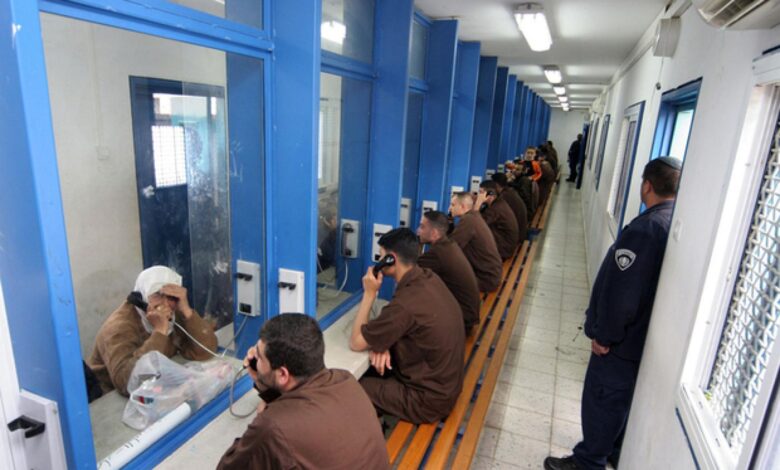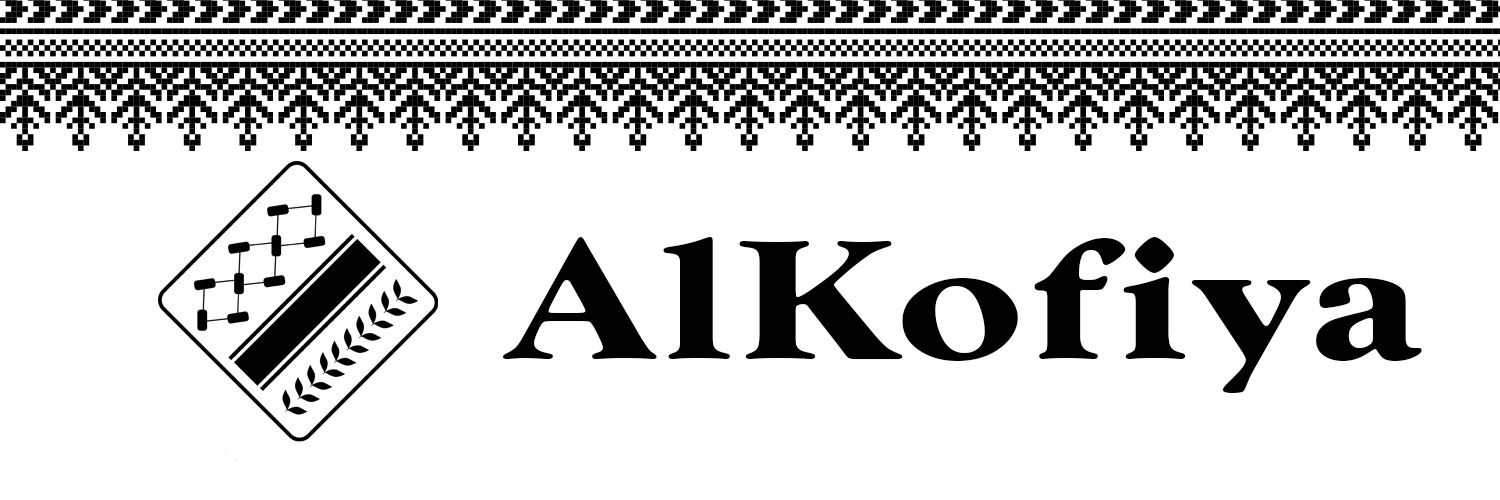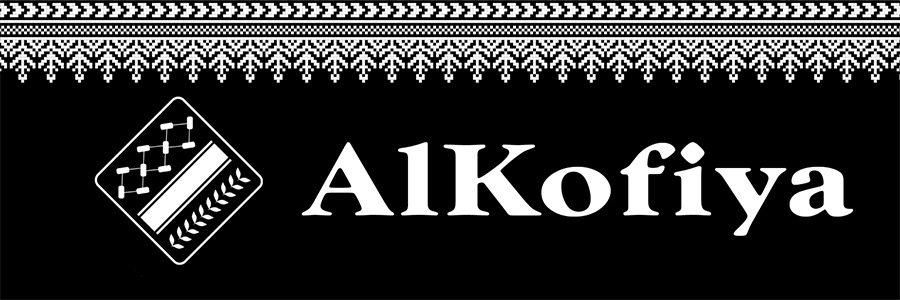
Rights groups petition Israeli Supreme Court against law that denies administrative release to Palestinian prisoners
The Legal Center for Arab Minority Rights in Israel, Al Mezan Center for Human Rights, and the Association for Civil Rights in Israel (ACRI) filed on Thursday a petition to the Israeli Supreme Court, on behalf of three Palestinian prisoners, against a new law that excludes individuals classified by the Israel Prison Service (IPS) as “security prisoners”, mainly in reference to incarcerated Palestinian freedom fighters, from eligibility for early release for administrative reasons. The law, an amendment to the Prisons Ordinance (Temporary Order), was passed on 24 July 2023, with a majority of 12 supporters and one opponent.
A press release by Adalah said the petition was submitted along with a motion for an interim order, in light of the rapidly expected worsening of overcrowding in prison wings that are designated for security prisoners, following the impending enforcement of this law. The law has also triggered opposition from both the Israeli Prison Services and the Shin Bet (Shabak).
The law, similar to the preceding temporary orders on the matter, extends the period of time in which state authorities can grant prisoners early release for administrative reasons, with the goal of expanding prisoners’ living spaces and reducing overcrowding. This follows a petition by ACRI, in which the Supreme Court ruled in 2017 that the population density in prisons does not meet proper standards and that the state must act within a limited period of time in order to expand the minimum living space for each prisoner.
When the Israeli parliament, the Knesset, enacted the first version of this law – also a temporary order – in 2018, two types of administrative release were specified: regular and expanded. The latter excluded so-called “security prisoners”. This amendment (Amendment No. 54 – 2018) was passed, even though at the time, the Attorney General advised against it, due to the potential constitutional challenges it presented. In February 2019, Adalah and ACRI petitioned the Supreme Court on behalf of two Palestinian minors who had been sentenced to relatively short prison terms. They were excluded from early administrative release under the amendment solely because they were classified as “security prisoners”. Following a court hearing of the petition, in front of an expanded panel of seven justices, the government was required to provide an update as to whether it intended to pass an amendment to the temporary order.
Ultimately, after the temporary order expired, a new order was enacted in 2021, which continued to exclude “security prisoners” from expanded administrative release. Following this, the Supreme Court dismissed the petition, stating that the factual basis of the petition had changed.
The current law, which today’s petition challenges, is an even more extreme version of its predecessors. According to this 2023 amendment, “security prisoners” are categorically denied any form of administrative release (both regular and expanded), without individual assessment or consideration of the duration of their sentence. This includes prisoners sentenced to very short terms or even those who have managed, despite the obstacles faced by “security prisoners”, to receive the approval of a release committee for conditional release.
The petition, submitted by Adalah Attorney Rabea Eghbariah, argued that the exclusion of “security prisoners” is not founded on any relevant differences between the prisoners but rather for purely punitive purposes. This arbitrariness, leading to discriminatory infringement on prisoners’ freedom, on the basis of nationality, constitutes a breach of the right to equality. As a result, it is unconstitutional, and the Court must nullify it.
According to the petition, the distinction between criminal and security prisoners is particularly ludicrous, considering that the purpose of the law is to facilitate the implementation of the prior Supreme Court ruling to expand the prisoners’ living space. The Supreme Court had explicitly stated in its ruling that there is no space for such a distinction, particularly in regard to violations of human dignity resulting from the conditions of prison overcrowding. These conditions are especially severe in the prison wings designated for “security prisoners.”
Creating separate tracks for release and conditions based on racial identity also contradicts the existing international consensus regarding the obligation not to discriminate between prisoners, as established in a decision of the United Nations General Assembly. The petitioners emphasized that Supreme Court rulings have previously established that there should be no distinction among prisoners based on criteria that are irrelevant to the purpose of a granted right or the benefit derived from it. Moreover, courts have previously held that when calculating the administrative period for early release, only the actual duration of imprisonment imposed on the prisoner should be considered.
Adalah Attorney Rabea Eghbariah commented: “This law marks another escalation of discriminatory, severe, and oppressive actions against Palestinian prisoners. The government that initiated this illegitimate law is acting knowingly and deliberately, in contradiction to basic laws and in violation of international legal principles. This governmental action aligns with the state’s ongoing efforts to deepen and solidify a system of apartheid in imprisonment that is based on Jewish supremacy. Therefore, we demand its immediate repeal.”





